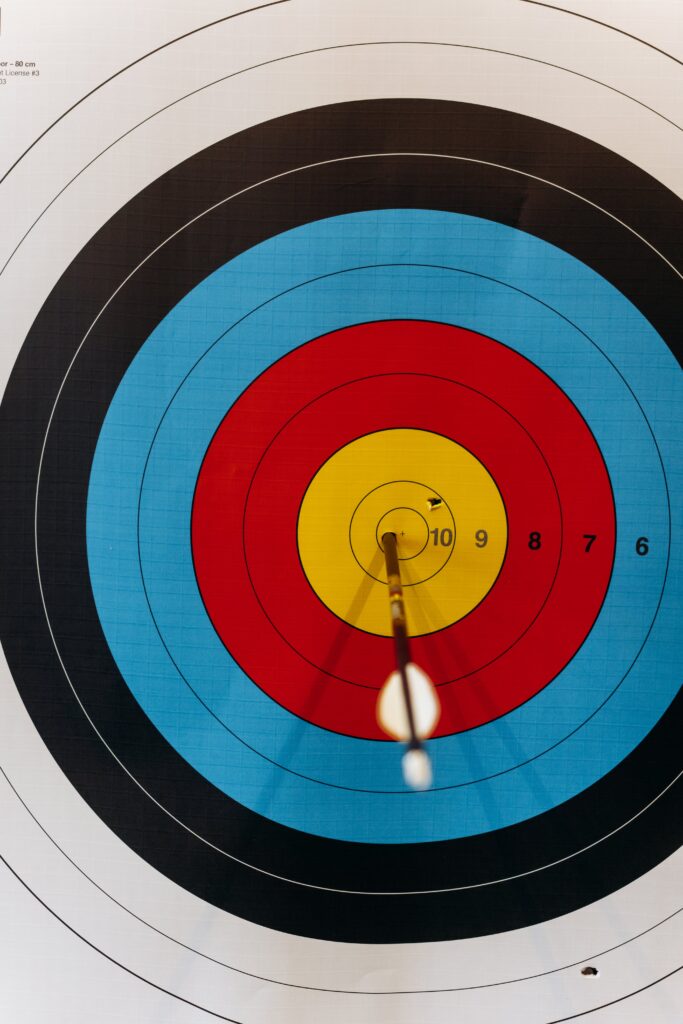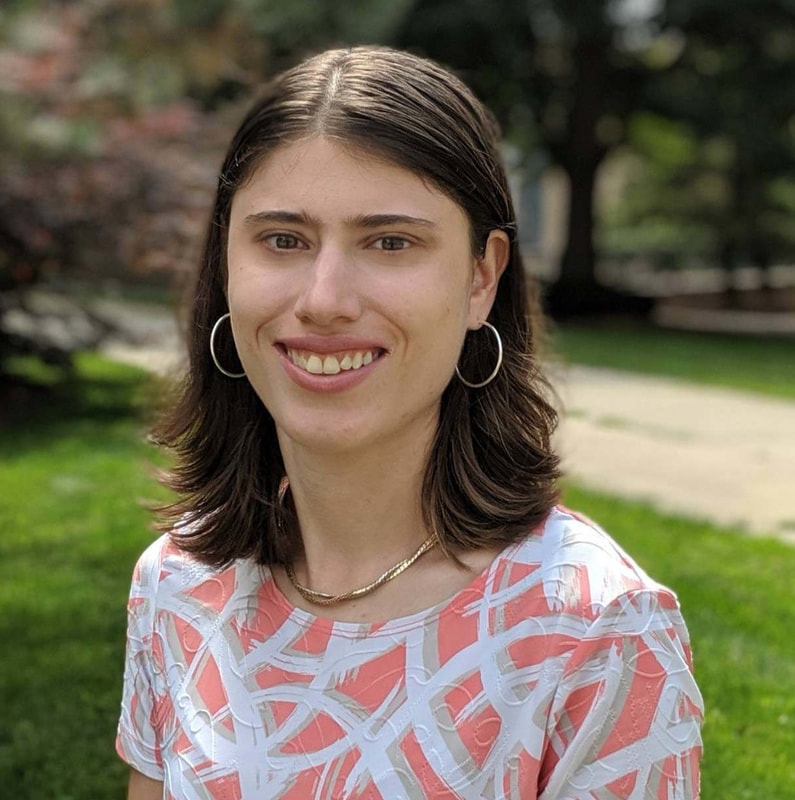
You’ve got a great idea for a new scicomm project—but before you dive in, you should ask yourself a set of strategic planning questions. What are the long-term goals of your project, in terms of changes to your audience’s attitudes and behaviors? What are the short-term objectives of each individual piece of communication? And what are the tactics that you can use to accomplish those objectives and goals? Scicomm scholars John C. Besley and Anthony Dudo have written extensively about how to apply this goals-objectives-tactics framework to science communication.
Strategic science communication will help you think more critically about what “effectiveness” and “success” mean, ultimately increasing your chances of making a meaningful impact.
Besley and Dudo have found that science communicators tend to focus narrowly on the objective of increasing their audience’s knowledge of science. But other objectives can be just as important. Depending on your goals, you might want to show warmth, show a willingness to listen, share what other people think is normal, foster self-efficacy—the list goes on. Besley and Dudo’s book Strategic Science Communication discusses 12 possible objectives, giving an overview of the relevant social science research and highlighting real-world examples. In addition to identifying your own objectives, they emphasize, you should always seek to understand your audience’s perspectives and be open to changing your own attitudes based on what you learn.
For a non-book-length introduction to the ideas of strategic scicomm, check out these articles in The Conversation:
- Science communicators must consider short-term objectives while keeping their eyes on the prize
- What it means to ‘know your audience’ when communicating about science
- Science communication training should be about more than just how to transmit knowledge
- What’s at risk if scientists don’t think strategically before talking politics
If you want to explore the research literature on strategic scicomm, here are some good places to start:
- Besley, J. C. (2020). Five thoughts about improving science communication as an organizational activity. Journal of Communication Management, 24(3), 155–161.
- Besley, J. C., Dudo, A., & Yuan, S. (2018). Scientists’ views about communication objectives. Public Understanding of Science, 27(6), 708–730.
- Besley, J. C., O’Hara, K., & Dudo, A. (2019). Strategic science communication as planned behavior: Understanding scientists’ willingness to choose specific tactics. PLOS ONE, 14(10), e0224039.
- Dudo, A., Besley, J. C., & Yuan, S. (2021). Science Communication Training in North America: Preparing Whom to Do What With What Effect? Science Communication, 43(1), 33–63.
Feel free to reach out to Scott Hershberger if you’re having trouble accessing any article mentioned here.



Leave a Reply